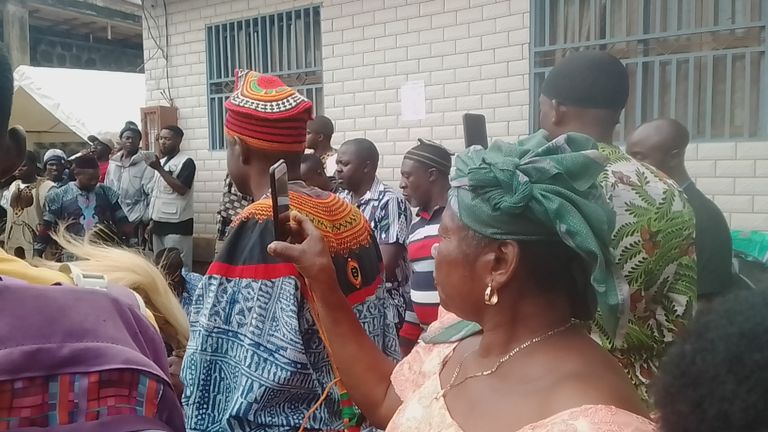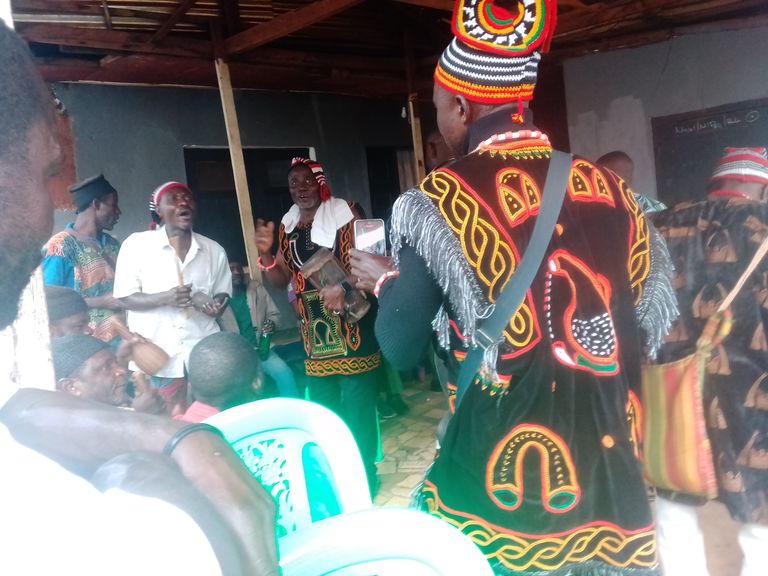I am Mnkong Emmanuel Saah, and today I would love to share with members and audience of this Community space, the importance a person from the grass field of Cameroon attaches to wearing a traditional cap.
Before I proceed, permit me give a brief history of caps. Historically caps made their first appearance as early as 3200 Bc. The origin of the word "cap" comes from the old French word "chapeau" which means " head covering". Over time, the the word has evolved and changed its meaning, but it still retains it's association with headwear.
Cap is a slang that originated in African American vernacular English (AAVE) and is commonly used to mean lying or making a false statement. The term capping refers deliberately lying, and to stop capping is a request asking someone to stop lying. Of course no one really knows who invented caps. It was probably one of the first prehistoric humans who first donned an animal skin to protect his head from sun and elements. Historians can attest to the fact that caps have been around for a long, long time.
In our traditional society, cap summarily symbolizes maturity in the traditional circles because the cap you wear physically indicates your level traditionally.
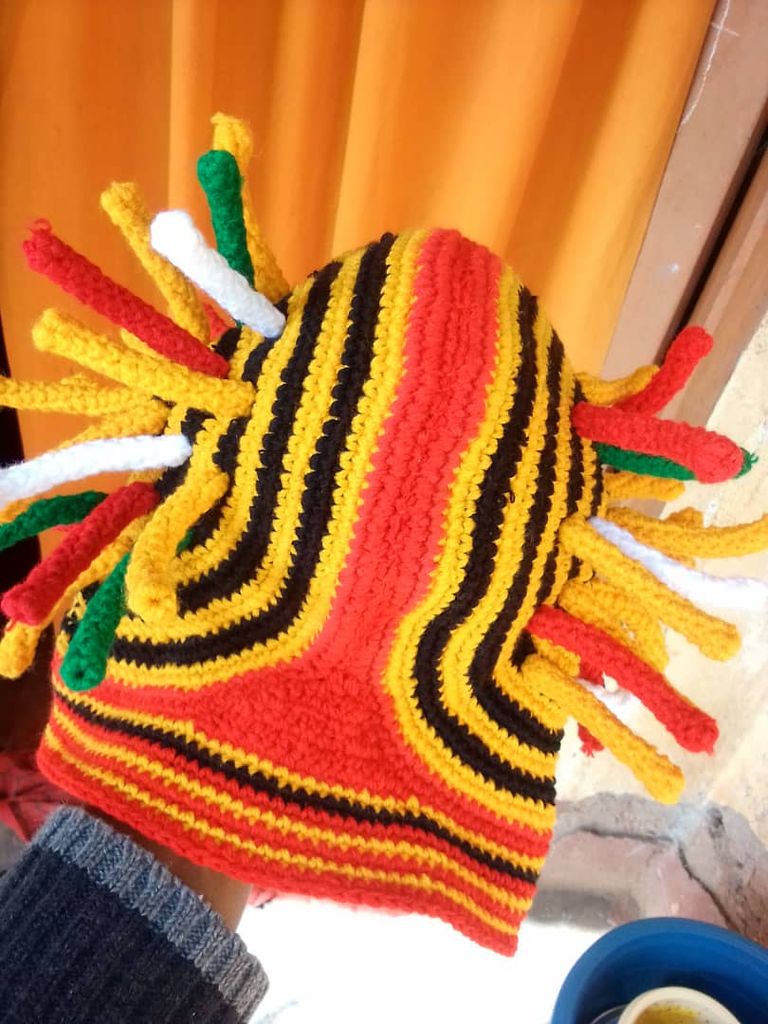
Caps are made in various designs, to compliment the traditional outfits of most men, some people, especially youths wear it for fun during cultural festivals. Meanwhile some men wear it to respect their traditional titles, positions and authority.
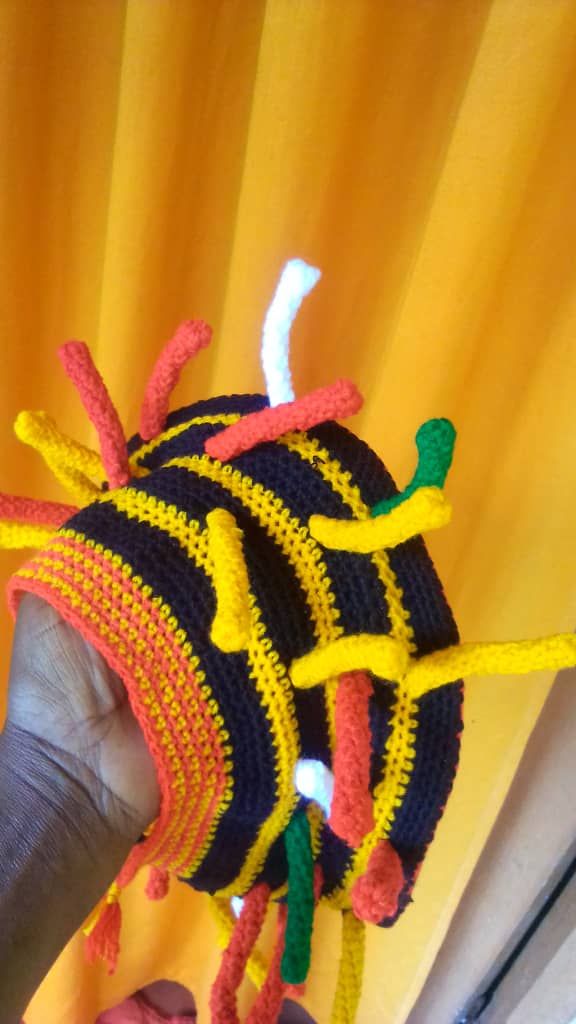
A cap is an important part of the traditional dressing of the man in the grassfield, generally. In OkuLand where I came from, caps present the traditional position of the bearer. For example, the cap worn by "Tanghele" of the Nghele society, Nforme, Ntamfu, Shey, Nchindas, Fai, ebchiofai, etc. denote their traditional titles or office ( portfolios ).
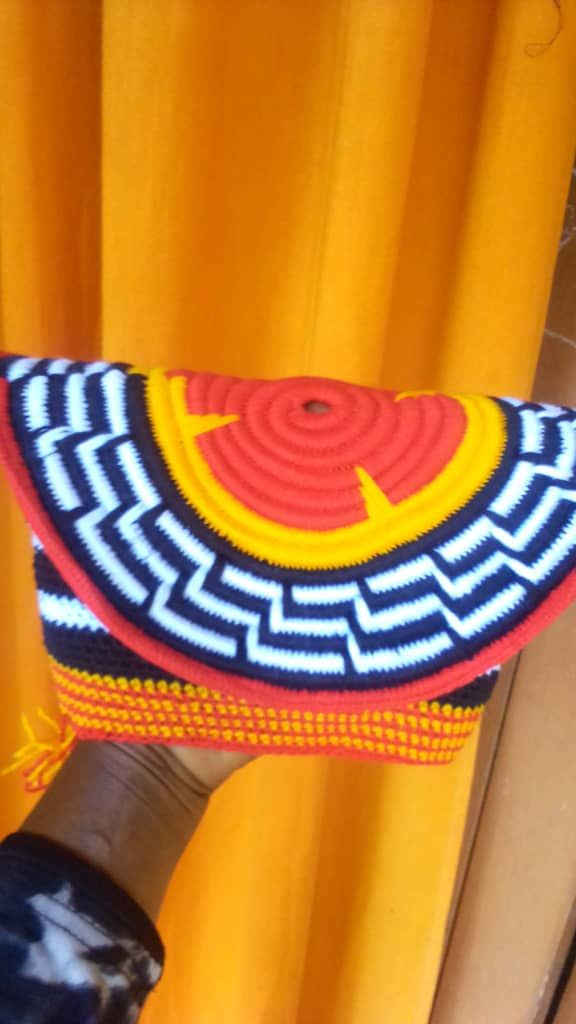
For those without any traditional portfolio or office or authority, wear simple caps mostly black caps or the ones made by fibre thread ( thread extracted from the young Raphia palm trees ). Caps usually symbolize maturity in a highly stratefied society. What each person wears indicates one physical level. For the youth most of those who have traditional titles or positions, it is for the fun, and love of all Culture
During cultural festivals young men in the village wear caps that not attributed to traditional titles for the seek of show casing their culture. In OkuLand for example during cultural festivals very few men can be spotted without caps. And considering the importance attached to cultural festivals, those who come to the ceremony with caps usually have the opportunity to buy or purchase from available cap vendors who come ready to make wealth from their stocks.

Most often than not during these cultural festivals the Fon would decorate people whose contribution to the development of the Fondom stand significant. And wearing of caps reflect their portfolios which is an important aspect of the title conferred. And those who receive such recognitions have to wear their caps during events, and any title man who appears or ventures in ceremonies without their caps are considered disrespectful and can risk payment of fines from the custodians of Culture.

